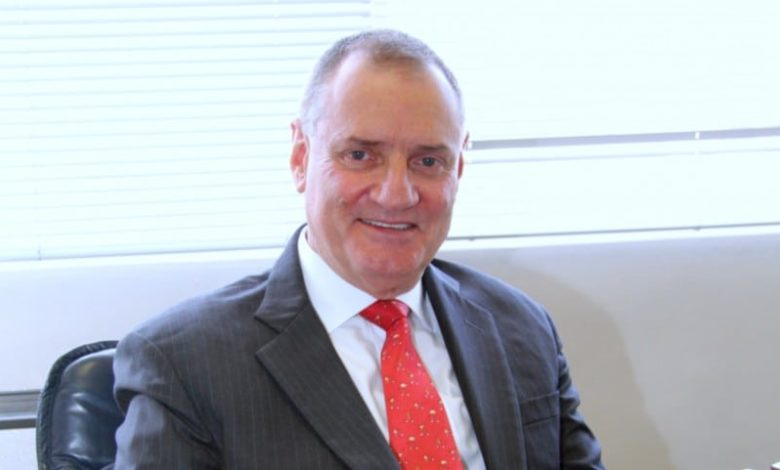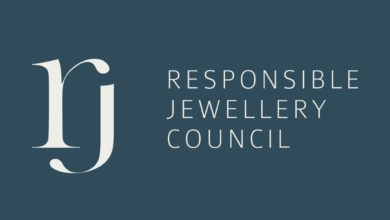SOAPBOX: Over-grading must be stamped out

Register to get 1 free article
Reveal the article below by registering for our email newsletter.
Want unlimited access? View Plans
Already have an account? Sign in
The global diamond industry is currently facing a range of tough challenges. But, says ERNIE BLOM, the issue of apparent over-grading of diamonds by some labs must be treated as a priority.
As you would expect from an organisation such as the World Federation of Diamond Bourses (WFDB), which represents 30 diamond bourses across the globe and numbers 18,000 members, this is a subject for which we must have zero tolerance.
That is because the risks to our industry of a crisis of confidence on the part of consumers as a result of adverse publicity from over-grading are huge. Of course, we all understand that grading is to a certain extent a subjective art and therefore there can always be differences of one grade. But grading must also be based on solid and universally acknowledged grading master sets and these must be used as the basis for the certificates provided.
Deliberate over-grading, as far as we are concerned, is fraudulent activity and there is no place for it in our business.
We understand that there are some differences between the different master sets, and some members of the industry point out that there are differences between grades today and those that were acceptable 20 years ago. There is also a continuous and vigorous debate among diamantaires and laboratories about grading parameters.
That is a legitimate debate, and we welcome it. But even when there are differences, we cannot possibly entertain a situation where a lab may give a grade that is more than one higher than a generally accepted level. The publicity that we in the industry were able to generate regarding this issue led to the closure of certain labs.
And the case at the GIA lab in Israel this month where diamonds were allegedly submitted with a special coating that was aimed at giving diamonds a grade three times higher than their real grade shows that the over-grading issue is not a simple one and may be developing in different directions.
That means that we must be even more aware of this issue and vigilant. There can be no place for such activity in the diamond business, and I was happy to see that the Israel Diamond Exchange took swift action to set in place action regarding this particular incident.
We will be discussing the issue of over-grading at the Presidents Meeting, which is the biennial gathering of the leaders of the 30 presidents of the WFDB-affiliated exchanges and of the presidents of the International Diamond Manufacturers Association, to be held in Tel Aviv from June 14 to 16. Among the questions that are likely to arise is whether there is a way of arriving at an industry consensus on grading scales to prevent confusion and to aid consumers in selecting diamonds.
Is it possible to arrive at common grading standards or procedures regarding gemological laboratories? Is it realistic to expect labs to share information? We all know that competition between labs is going to create difficulties in what they might be willing to share, but it might be a channel worth pursuing. Is there a certain minimal standard for equipment that should be used? And in the age of instant global communication, is there a place for digital master sets?
It is clear to all members of the diamond industry that change is constant and that we need to be constantly thinking of how we adapt to that change. And that is one of the reasons that the WFDB holds regular meetings of its presidents and executive committee.
Finally, and I can’t stress this strongly enough: we must always keep in mind that the end-buyer is, of course, critical. We simply cannot afford to have a situation where consumers may believe that the diamonds they are being offered might be suspect. They must be completely at ease. Consequently, our aim is to help create tools that enable potential diamond jewellery customers to feel totally comfortable.
The diamond jewellery industry faces extremely tough competition from other products, such as smartphones, tablets, and luxury holidays. We cannot shoot ourselves in the foot by providing consumers with a reason not to buy our products.
Ernie Blom is the president of the World Federation of Diamond Bourses, which participates in the promotion of world trade and to encourage the establishment of bourses, with the view of eventual affiliation of all centres where diamonds are actively traded.







